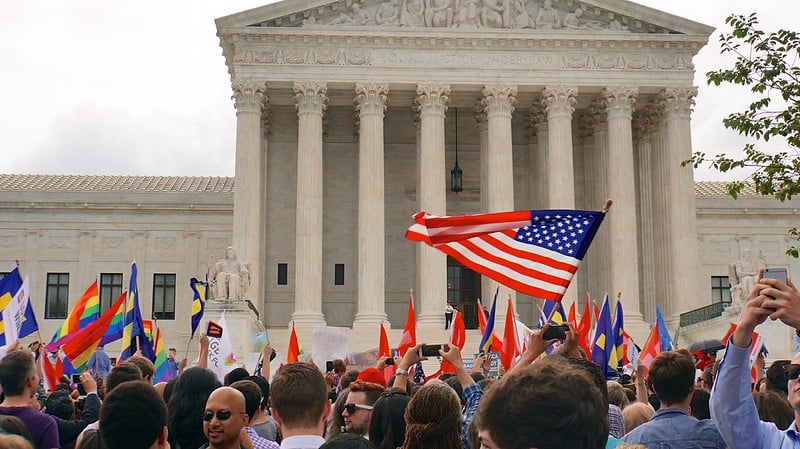Originally published August 19, 2023
The social commentator and political theorist Michael Lind has argued that the single story of the American republic is actually a story of three republics (so far). The first republic runs from the founding through the Civil War. The second begins following reconstruction’s collapse and runs through to about 1933. The third begins with the Great Depression, New Deal, and World War II. That republic is now ending and we are in the early days of the fourth American republic.
Login to read more
Sign in or create a free account to access Subscriber-only content.
